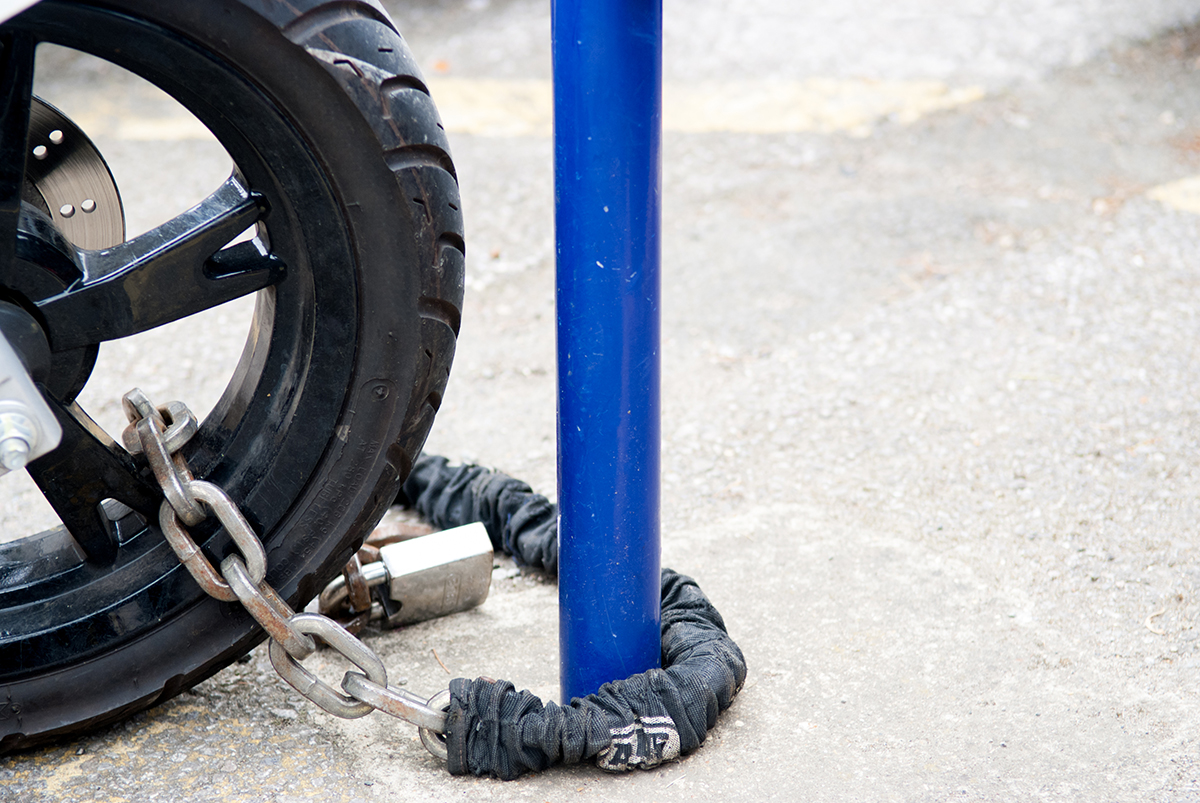Everything from home security to emergency preparedness to household items that make life easier
Living alone comes with a set of unique considerations and challenges for the deaf and hard-of-hearing. But if you take the right precautions and invest in assistive tools like the ones we’ve outlined below, you can fully enjoy the peace of mind of a safe, accommodating home.
If you or a loved one is deaf or living with hearing loss, read on to discover essential tips to stay comfortable and connected while living alone.
Tailor Your Home Safety & Security to Your Needs
In the digital age, home security is more connected and user-friendly than ever, but you’ll need to make a few adjustments to suit your specific needs.
When setting up your security system, opt for devices that vibrate or strobe when someone’s at the door or there’s an intruder. This goes for smoke, carbon monoxide, and motion detectors as well. The faster you become aware of an emergency, the quicker you can respond to it and get help if you need it, so standard detectors and systems that make noise aren’t going to cut it.
One of the many perks of modern security systems is that they easily integrate with smartphones. If your home security system allows it, be sure to connect your smartphone to it and set up automatic updates in case of emergencies. That way, you’ll be notified instantly whether you’re at home or away.
Finally, video doorbells like Ring are a fantastic choice for the deaf and hard-of-hearing. They provide constant visual feedback and automatic updates when motion is detected, so you’ll always know who’s at the door.
Set Yourself Up With Accessible Household Items
Just like your home security and other safety measures, you’ll want to invest in some household items that make daily tasks more accessible.
For example, a vibrating and flashing alarm clock will do the trick when it’s time to get up in the morning. A visual timer will help you keep track of things in the kitchen. And assistive communication devices like text-to-voice teletype phones or captioned telephones will help you stay in touch with family and friends.
With the right tools, you’ll experience far less friction when going about your day at home.
Develop & Tap Into Your Support System
Living alone doesn’t mean you have to live in isolation. It’s important to develop and maintain connections not just with friends and family, but also with others who can understand and empathize with your life experience.
Find activities in your local community where you can meet and make friends with other deaf or hard-of-hearing people. You can find these online through local Facebook groups or sites like Meetup. A strong, healthy support system will ensure you have people to lean on and use as a sounding board when times are tough.
If you tend to keep to yourself and prefer the homebody lifestyle, try setting up calls or inviting close friends and loved ones over every week or so to catch up and spend some quality time together. You know yourself better than anyone, so take the appropriate steps to maintain healthy connections with the people who matter most to you.
Have a Plan to Get Help
As a deaf or hard-of-hearing individual, your emergency action plan will look different from most people. That’s why it’s crucial to ensure you’ll get the care you need if something happens—especially since you live alone.
To make it rock solid, include the following preparations in your emergency plan:
- Have a way to communicate with emergency services – Whether by TTY phone, text-to-911, or an emergency response app designed for the deaf and hard-of-hearing, make sure you have at least one way to send for help in a crisis.
- NOTE: TTY and captioned telephones can be extremely time-consuming during emergencies, and text-to-911 hasn’t been rolled out in many states. That’s why an app like Rescu, which doesn’t require a phone call and automatically sends pre-registered medical information to responders, can be a powerful emergency resource for the deaf and hard-of-hearing.
- Create a network of emergency contacts – Reach out to loved ones and close friends and ask if they’d be willing to be your emergency contacts. Let them know that they’ll be the first to hear from you if something goes wrong and that you may ask for their help.
- Create an evacuation plan – Walk through your home or apartment and identify at least one (preferably two) safe exit route for each room. Also, find a safe place outside your home to wait out emergencies and meet up with your emergency contacts. Be sure to tell your contacts about your safe spots so they’ll know exactly where to find you if you let them know you’ve evacuated.
- Build an emergency kit – A survival kit can be a lifesaver during power outages or extended evacuations. Make sure your kit is easy to grab on the way out and includes things like a first-aid kit, flashlights, batteries, non-perishable snacks, water, essential medications, a portable phone charger or two, and batteries for any hearing aids or other assistive devices.
These elements, combined with the tips we discussed above, will empower you to enjoy the peace of living alone with the confidence of knowing that you’re covered if anything goes wrong.





